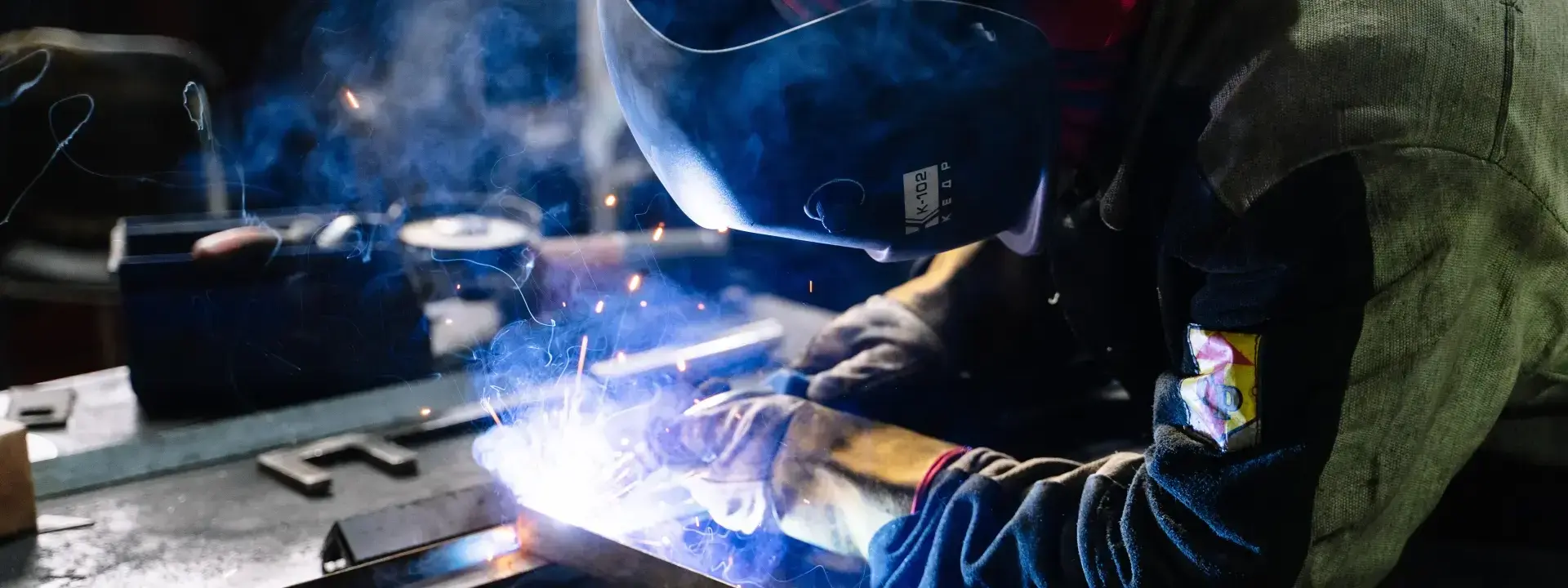
Welder Job Description
What is a Welder Professional?
A welder is a professional who uses heat to join together metal parts. Welders use a variety of equipment and techniques to melt and fuse metal, creating a permanent bond between two pieces. Many welders also use filler material to reinforce the joint or add strength to the area being welded. Welding is a critical process in manufacturing and construction, as it is often used to create strong connections between structural components. Because of its importance, there are many different career paths available for welders. Some welders work in fabrication shops, others work on construction sites, and still others may be employed by companies that provide welding services. No matter where they work, all welders must be highly skilled in order to perform their jobs properly. The most common type of welding is arc welding, which uses an electric arc to generate heat for melting metal. In gas tungsten arc welding (GTAW), an electrode made of tungsten is used to conduct the current while shielding the area being welded with an inert gas such as argon or helium. This type of welding is often used for thin metals or delicate materials that require precise control over heat input. Flux-cored arc welding (FCAW) is similar to GTAW, but uses a continuously fed electrode that contains a flux core—a substance that helps shield the area being welded from contamination. This makes FCAW well suited for outdoor applications or when working with dirty or rusty metals.
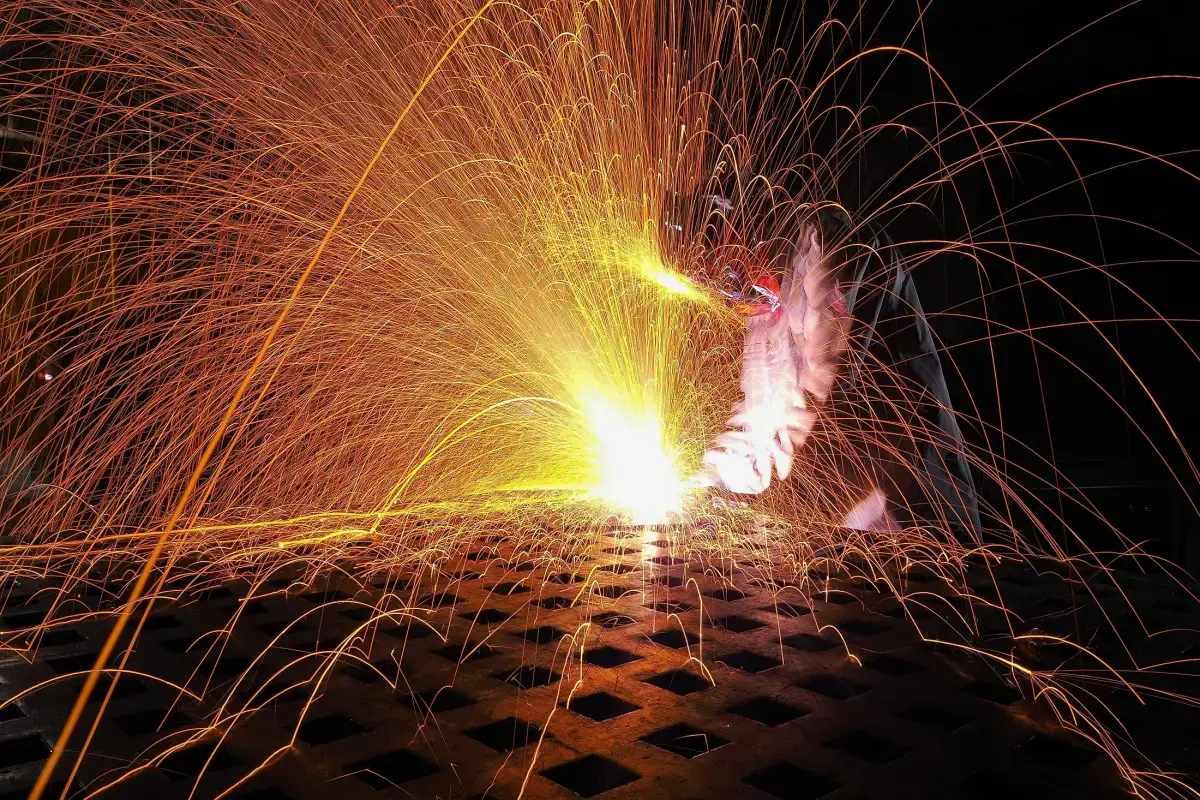
What does a Welder Expert do?
Shielded metal arc welding (SMAW), also known as stick welding, uses an electrode coated in flux that emits arcs when it comes into contact with the base metal being joined together. The flux coating on the electrode protects the area being Welding from impurities during the process; however, because this method creates smoke and fumes, it can be dangerous if proper precautions are not taken.. Stainless steel and aluminum are two examples of materials frequently joined using SMAW.. Submerged arc welding (SAW) passes an electrical current through bare electrodes submerged in a granular flux designed specifically for this purpose; as such, it can produce large volumes of uninterrupted molten slag without needing frequent changes like other methods do.. Because SAW requires special equipment and training,, its primarily used in industrial settings.. Its well-suited for joining thick sections of stainless steel or high-strength carbon steels.. Plasma cutting involves using a plasma torch—an electrical device that ionizes gasses like nitrogen,, oxygen,, hydrogen,, or argon to create plasma—to cut through electrically conductive materials like mild steel,, aluminum,, stainless steel,, copper,, brass,, or titanium.. Plasma cutting can be performed manually by hand or with computer numerical control (CNC) machines controlled by software programs
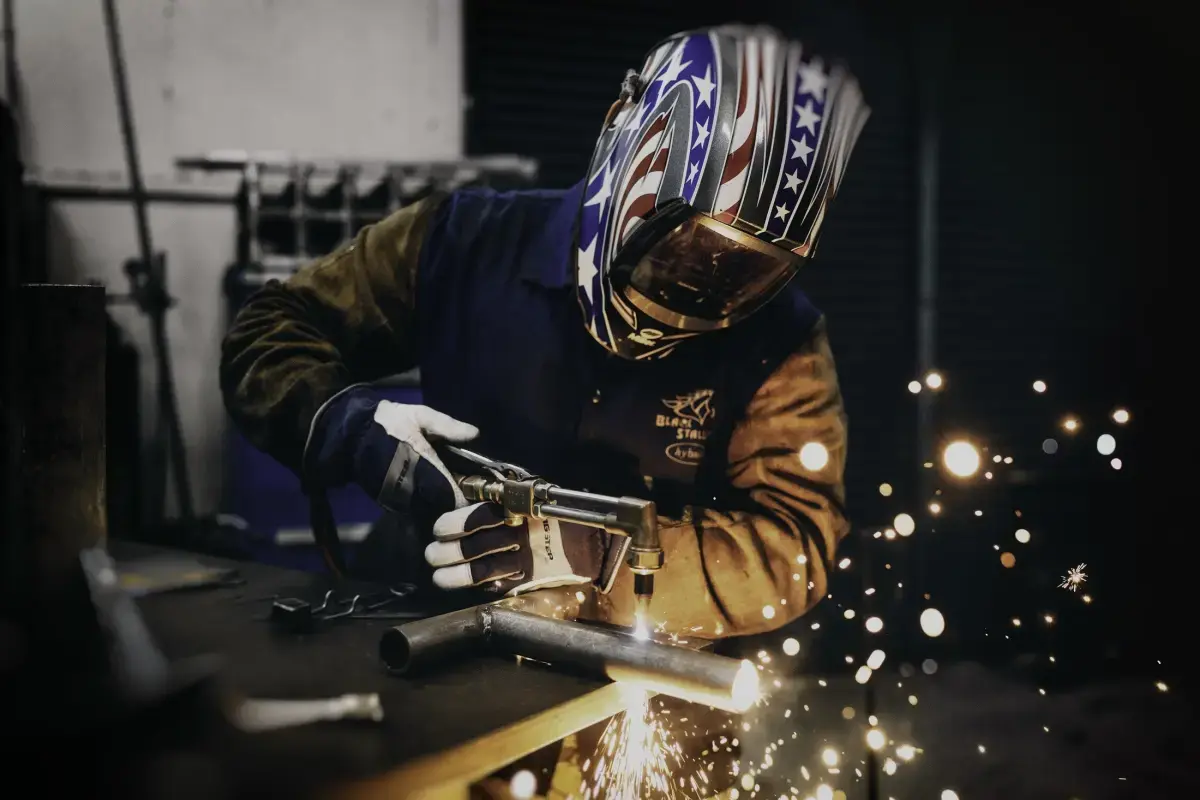
What are the Skills of a Welder?
A welder is a skilled tradesperson who uses heat to join pieces of metal together. Welders may work in a variety of industries, including construction, manufacturing, and automotive repair. Some welders specialize in welding certain materials, such as stainless steel or aluminum. Others may specialize in a particular type of welding, such as gas tungsten arc welding (GTAW) or shielded metal arc welding (SMAW). To become a welder, one must complete an accredited training program and pass a proficiency test administered by the American Welding Society (AWS). Training programs are typically two years in length and may be completed at a technical school or community college. Many welders also receive on-the-job training from experienced mentors.
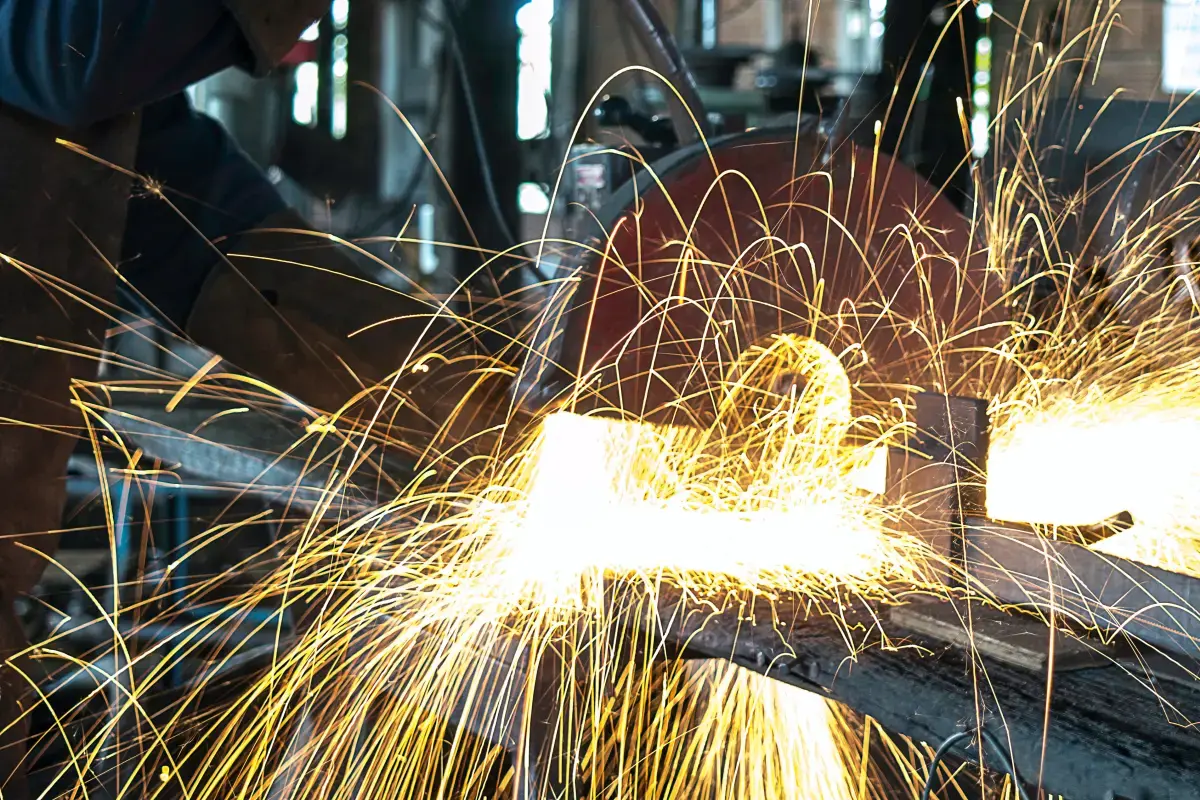
What makes an Expert Welder?
After completing their training program and passing the AWS proficiency test, welders can earn certification from the AWS. Certification demonstrates that a welder has the skills and knowledge necessary to perform their job safely and effectively. safe work practices: All welders must follow safe work practices to protect themselves from injuries, burns, electrocution, and explosions. These include wearing proper Personal Protective Equipment (PPE), using appropriate ventilation when working in enclosed spaces, and following all safety regulations set forth by their employer. preparation: Before beginning any welding project, it is important to properly prepare the materials to be joined together. This includes cleaning the surfaces of all contaminants such as dirt, grease, paint, rust , etc., as well as ensuring that the edges are flush and square . If not properly prepared , the materials being joined will not bond correctly , which can lead to dangerous defects such as cracks or gaps . welding process
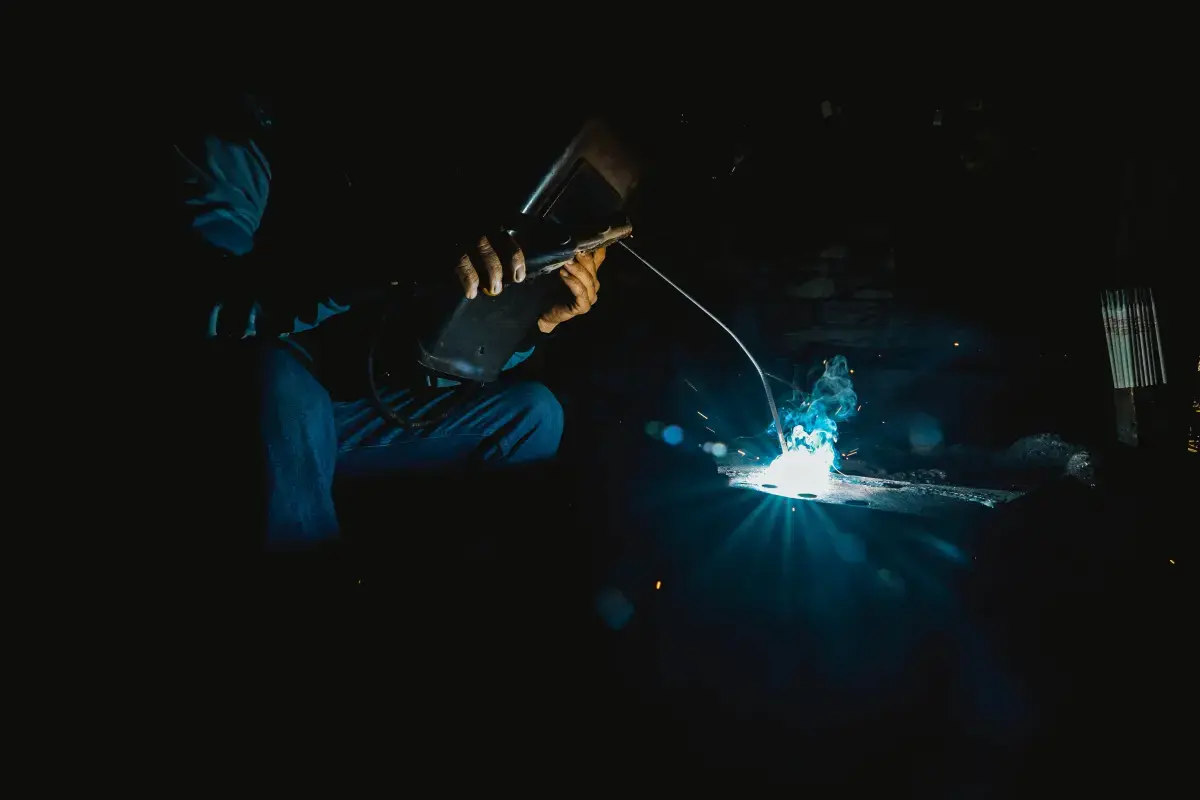
What level of Experience & Qualifications are required to be a Welder?
Industry Experience: 1. At least one year of experience in welding, such as working in a fabrication shop or on industrial construction sites. 2. Familiarity with different types of welding processes and techniques (e.g., MIG/MAG, TIG, oxy-acetylene). 3. Knowledge of safety protocols and procedures for operating equipment safely and efficiently while avoiding potential hazards associated with the job tasks at hand. Training: 1. Completion of specialized training programs covering topics like weld inspection methods; metallurgy; structural steel design principles; basic electricity and electronics theory applied to arc welding systems; blueprint reading skills applicable to industry standards related to fabrication drawings & schematics used by welders during production activities; quality control & assurance practices employed across various industries that employ certified welders performing work within their scope(s)of certification(s) 2 .Certification from an accredited organization that adheres to recognized international standards – e..g AWS (American Welding Society), CWB (Canadian Welding Bureau), ASME (American Society for Mechanical Engineers) ,etc... demonstrating proficiency in specific areas relevant to the position being sought out - i..e mild steel structures / components up 10 mm thick utilizing SMAW process OR aluminum alloys using GTAW process ... Qualifications: 1 .Possess strong manual dexterity enabling precise movements when carrying out intricate details associated with metal joining operations 2 .Ability to understand technical instructions involving both written material & diagrams 3 .Excellent problem solving abilities allowing for quick decision making based on changing circumstances 4 Ability maintain focus throughout long duration projects 5 Good communication skills essential when dealing directly clients 6 Demonstrated commitment towards ensuring customer satisfaction through high quality performance 7 Sound judgment regarding situations requiring attention 8 Physical strength required lift heavy objects 9 Highly organized approach towards completing assigned tasks Education : 1 High school diploma/GED equivalent 2 Vocational certificate program related field
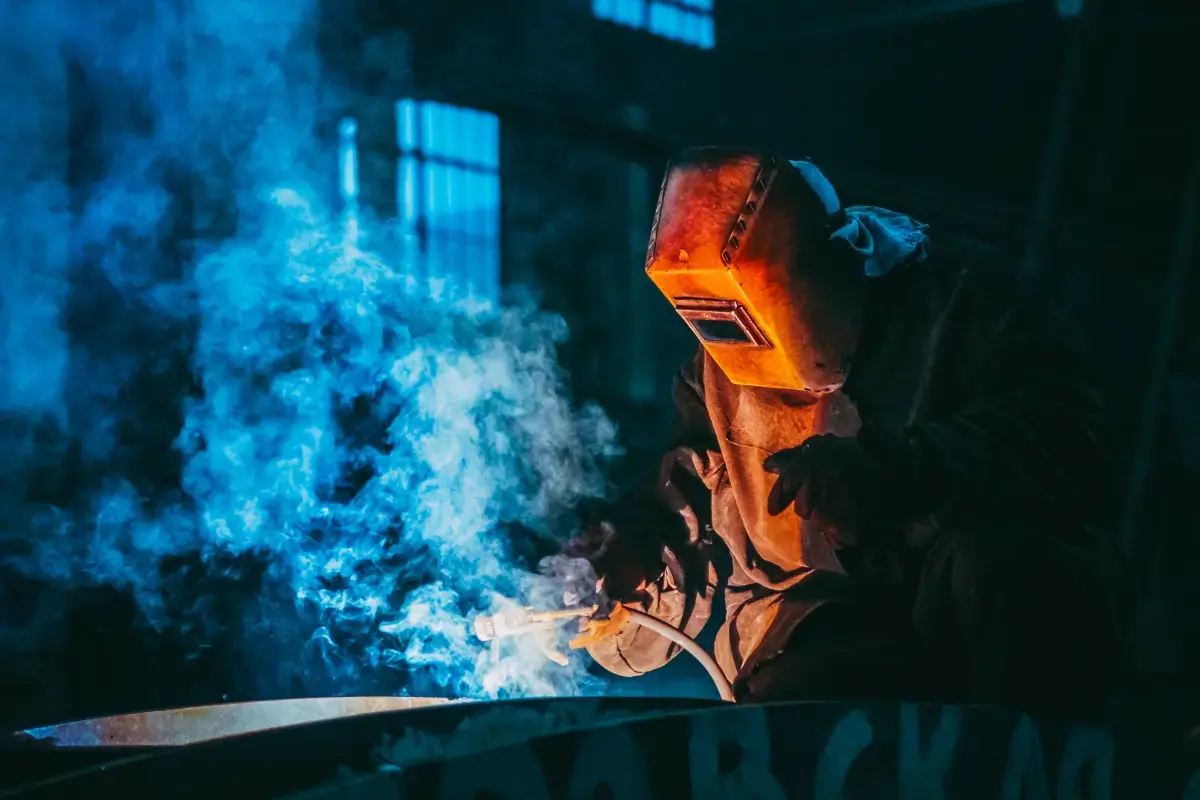
What is the Salary of a Welder?
The salary for a junior welder typically starts at around $36,000 per year. This is based on experience and qualifications. With more experience and certifications, welders can expect to earn up to $50,000 or higher depending on the location they are working in. Senior-level welders usually make between $60,000-$80,000 annually with benefits such as medical insurance and paid vacation included in their compensation package. The highest salaries may be earned by those who specialize in specific welding techniques like underwater welding or nuclear welding where pay rates can exceed six figures annually due to the high risk associated with these jobs.
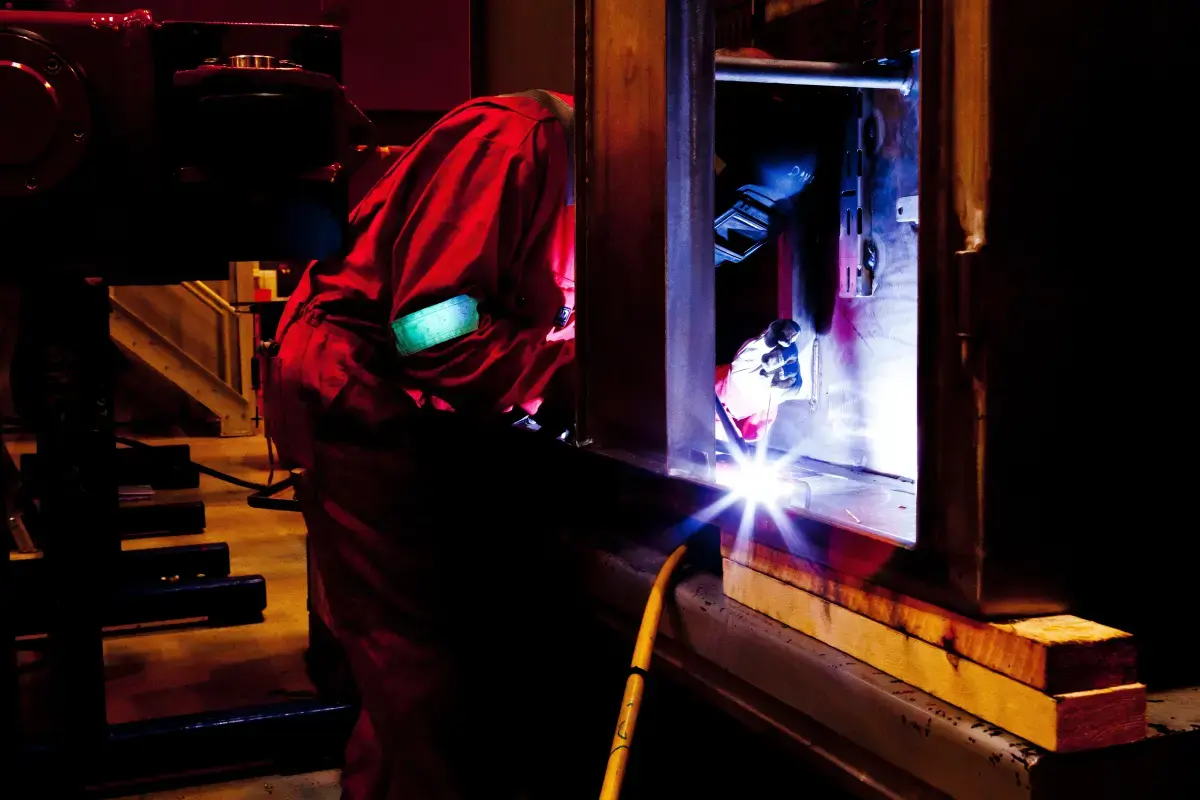
What are the Working Conditions for a Welder?
Welders generally work in a variety of conditions, from indoors to outdoors. Depending on the type of welding that is being done, welders may need to wear protective equipment such as fire-resistant clothing and face shields due to sparks and intense heat generated by welding operations. Additionally, depending on the materials being worked with or around, additional safety measures might be necessary (e.g., respirators). Welding can require long hours while standing or sitting in awkward positions; therefore, its important for welders to stay focused and alert during their shifts since working with molten metal involves potential risks if not performed correctly. In addition to physical demands associated with welding operations, other duties such as cleaning up after tasks are often required as well.
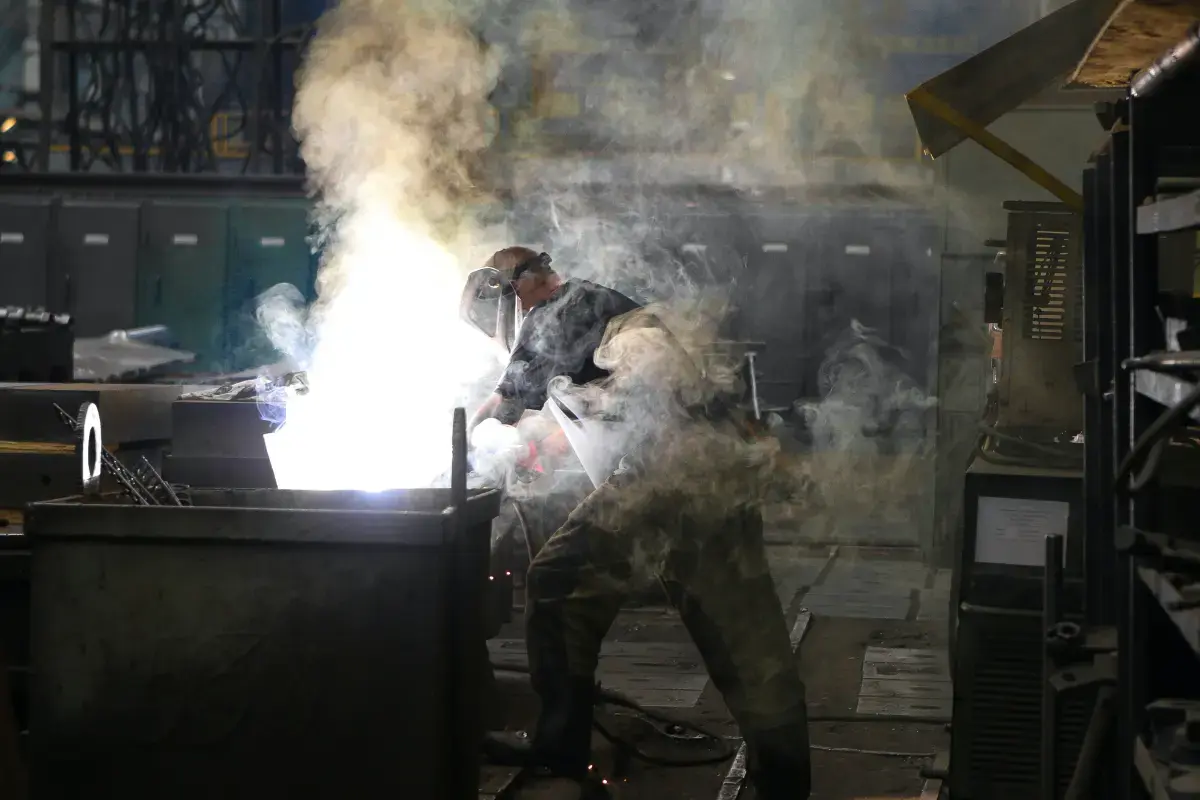
What are the roles and responsibilities of a Welder?
Interpreting blueprints or sketches to determine the materials required and the appropriate welding process
Cutting, shaping and trimming metal using hand tools, power tools or machines
Assembling metals using clamps, jigs and fixtures
Tacking metals together to hold them in place during welding
Striking an arc between an electrode and the workpiece to create a weld pool
Applying filler metal from a wire feeder to fill the weld pool and create a strong joint between the metals being joined
Using a variety of welding processes including MIG, TIG, flux-cored arc welding or stick welding
Repairing machinery or structures made of metal by cutting out damaged sections and rewelding them in place
Inspecting completed welds for defects such as cracks, porosity or excessive slag inclusion
List
examples of the roles and responsibilities of a welder?
Inspecting completed welds for defects such as cracks, porosity or excessive slag inclusion
Identifying problems with welding equipment and resolving those issues
Developing new or improved welding processes, techniques, procedures or methods
Coordinating the work of other welders on a project
Maintaining accurate records of welding-related test results, production statistics and both current and past projects
Ensuring that all safety standards and company policies regarding welding are followed at all times
Providing training to other welders or employees who will be working with welding equipment
Consulting with engineers or other professionals to discuss design changes which may impact the welding process
Interpreting blueprints or other specifications in order to determine the best way to complete a given welding project
Adjusting gas mixtures, voltage settings or other factors in order to improve the quality of completed welds
Operating automated welding machines in addition to performing manual welds as necessary
Performing regular maintenance on all welding equipment
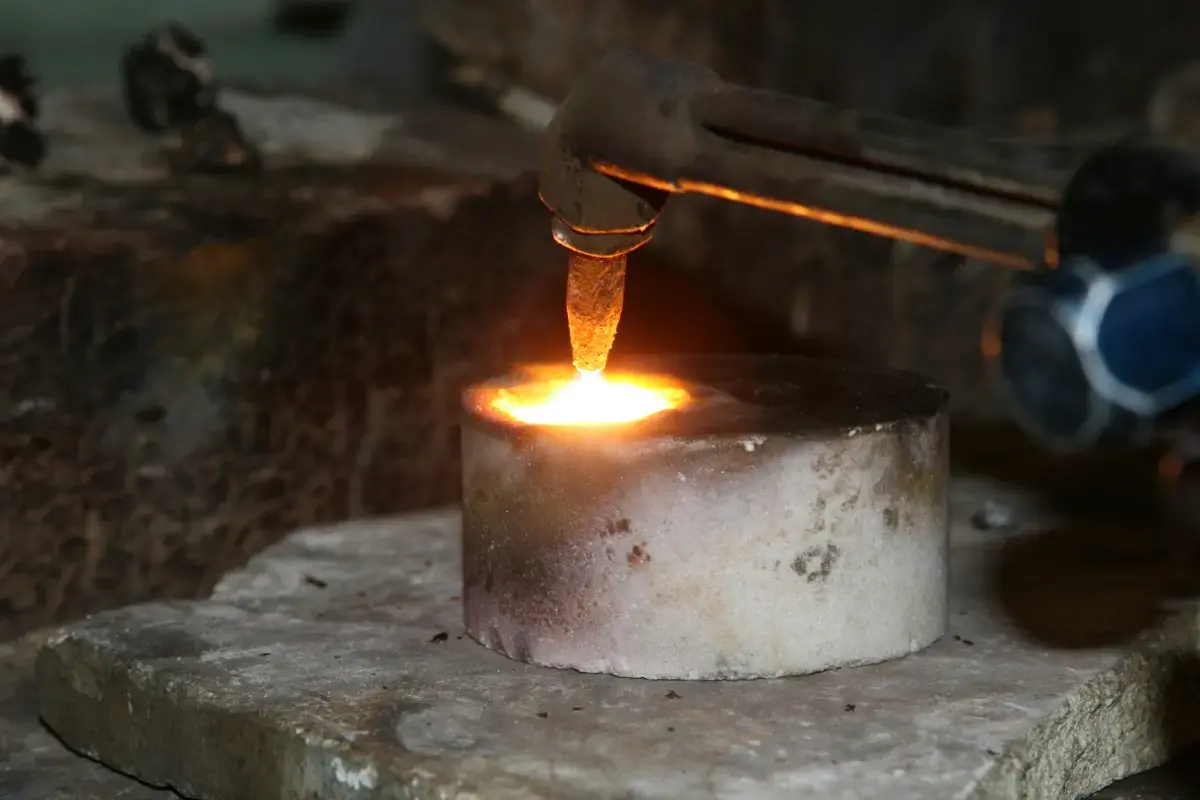
Where can I find Welder jobs?
- Create a profile on gigexchange and promote your Welder skills to advertise you are Open to New Work Opportunities
- Ensure your Resume (or CV), or online work profile is up to date and represents your skills and experience. Ensure your reputation reflects your ability & attitude.
- Apply for Welder Jobs advertised on gigexchange.
- Practise Welder interview techniques to ensure you represent your personality and ability succinctly and confidently.
- Accept the job offer if the salary meets your expectations and the employer mission and purpose reflects your core values.
Jobs
What are the best job boards for Metal Worker jobs?

How can I hire Welder staff online for my business?
The best job board for recruiting Welder experts is gigexchange.com. Advertise full-time, part-time or contract jobs to find, hire & recruit trusted, experienced and talented Welder candidates near you.
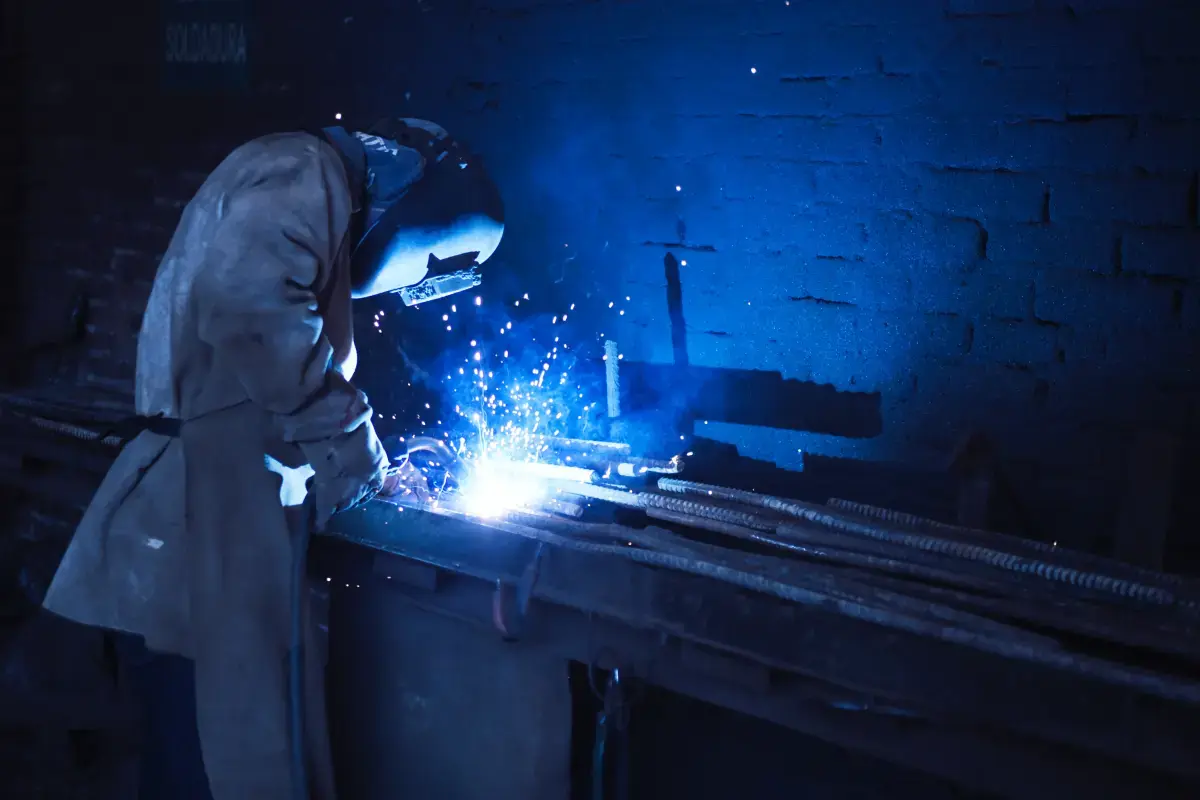
Are Welder roles in demand in 2026?
Welder experts are still in high demand in 2026. If you are an experienced Welder or looking to train and become one. The job market is looking strong for Welder jobs near me.